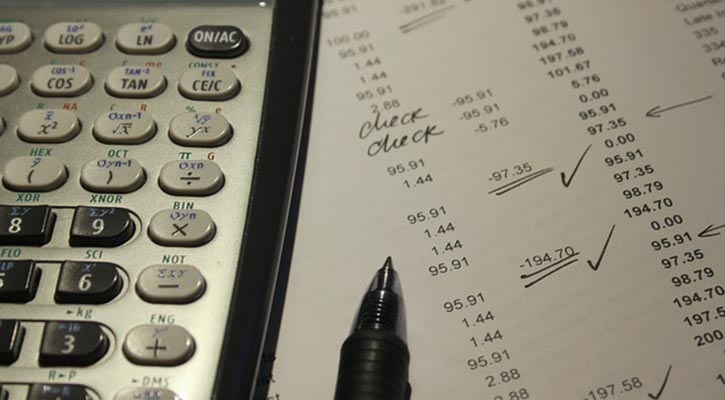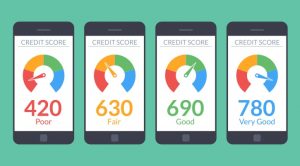
The best credit cards are active credit cards, even if you have debt! The last thing you want to do is cut up a credit card or cancel a account, even if you are not in the best financial shape. And, don’t worry, you are not alone. As of March of this year, the total amount of revolving United States debt was $951.6 BILLION. And, although it’s contrary to what would probably be your normal reaction, check out these three reasons why you need to drop the scissors now and protect that plastic!
1. Utilize and Optimize
Use those credit cards to optimize your credit score! Instead of getting rid of credit cards that you may have, compare credit cards and make sure to keep all your accounts open if possible. It’s not a bad thing to have more than one. In fact, in many cases, it’s better to have more. Think of it in terms of what is known as Credit Utilization Ratio. This is the ratio of your credit card balance to your credit card limit. Using less of your available credit raises your credit score.
Let’s say you have two credit cards open, one with am $8,000 limit and one with a $12,000 limit. Let’s say you have $5,000 in credit card balances. Your Credit Utilization Ratio would be $5,000/$20,000, or 25%. But, if you end up cutting up or canceling one of those cards (let’s say the $12,000 one) your new Credit Utilization Ratio is $5,000/$8,000, or 62.5%. This is a much higher percentage, and therefore impacts your credit in a much more negative way. In this case, the more credit cards the better.
However, if you must close a credit card account, try to close the “youngest” account you have. The length of your credit history factors into your credit score as well, just not as much as the ratio.
2. Credit Cards = Credit Score
Believe it or not, keeping credit card accounts open (even ones with debt) is positive for your credit score. First of all, a credit card is a great way to begin creating a credit profile for yourself. Many of us don’t have frequent opportunities while we are still in school or just finding jobs to begin a line of credit. To “get into the system”, you need to have some sort of credit attached to your name. A credit card is fantastic for money novices or recent grads to start establishing themselves so that, when it comes time to apply for a loan for a major purchase, like a home, you have already laid your credit identity foundation.
Not using your credit card is virtually the same as canceling your card, which is not a wise choice for your credit score. An inactive card makes the bank think it’s an inactive account, and they can cancel it out after a certain amount of non-use on your part. Having the account close, no matter how, will negatively impact your credit score. A negative impact to your credit score takes a long time to repair.
If you are planning to get a line of credit anytime in the near future, do NOT do anything that could cause a credit card account to close!
3. Credit Card Accounts Lead to Credit Score Accountability
Probably the most beneficial reason for you to not cut up or cancel your credit cards is that you will have to be accountable for your spending habits.
One way to rectify a bad credit card situation is to change what you use your card for. Don’t jump to the extreme of getting rid of it completely. Instead, only charge what you can afford each month and make sure to pay in full. One idea is to use your credit card for just one type of purchase. You won’t think of it as a payment option as frequently if you have it set in your mind that your credit card is exclusively for gas or just for groceries.


















